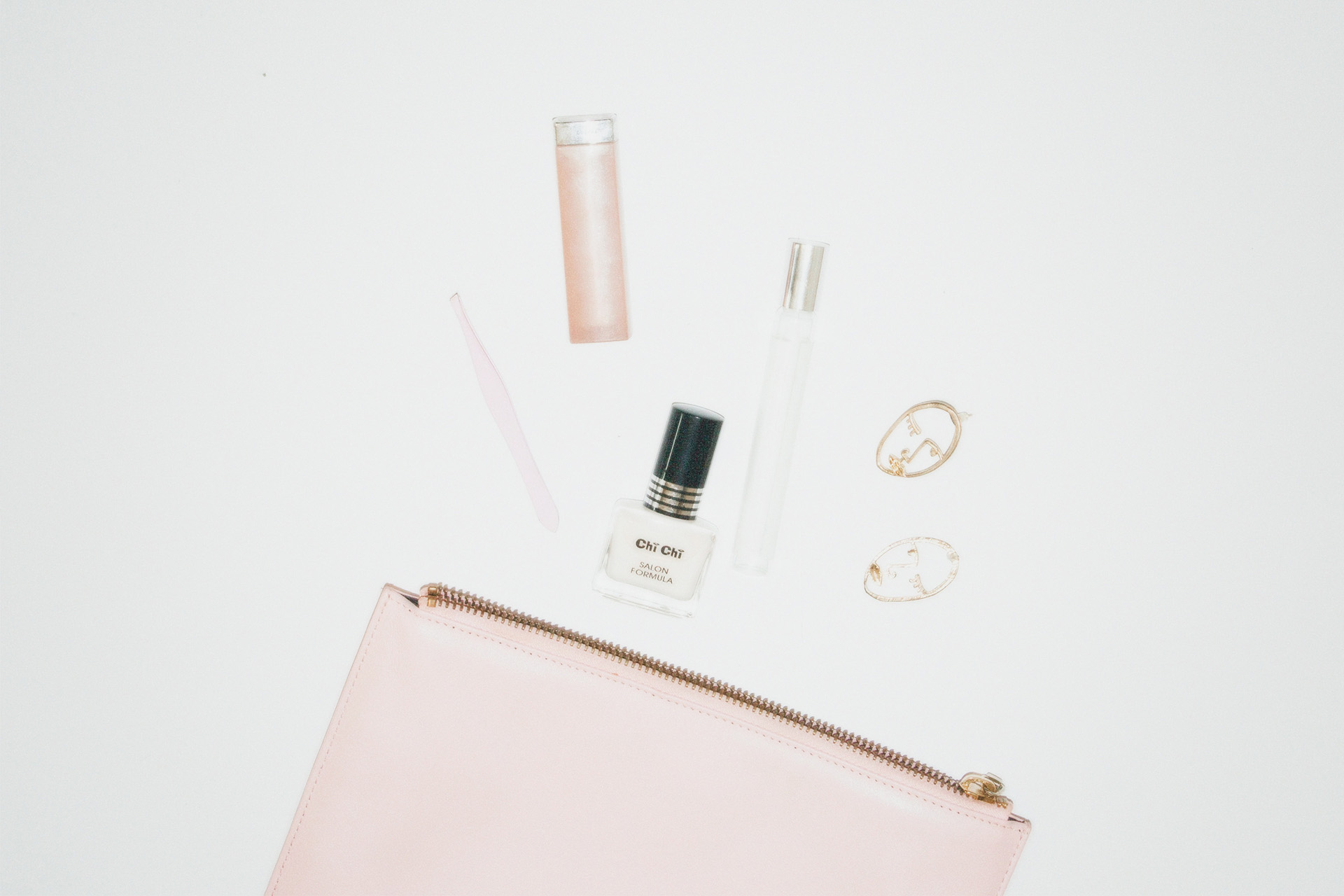Quality sleep is essential for overall health and well-being, but its significance for skin health is often overlooked. While skincare routines and products play a crucial role in maintaining a radiant complexion, the importance of a good night’s sleep cannot be underestimated. In this comprehensive article, we will explore the vital role of sleep in skin health, how sleep deprivation affects the skin, and practical tips to enhance sleep quality for better skin. By understanding the connection between sleep and skin, you can optimize your skincare regimen and enjoy a healthier, more youthful complexion.
The Science Behind Sleep and Skin Health
The Sleep Cycle
Sleep is a complex biological process that involves several stages, each playing a specific role in physical and mental restoration. The sleep cycle consists of two main types of sleep: Non-Rapid Eye Movement (NREM) sleep and Rapid Eye Movement (REM) sleep.
- NREM Sleep: Comprising three stages, NREM sleep includes light sleep (stages 1 and 2) and deep sleep (stage 3). Deep sleep is particularly important for physical restoration, including skin repair and regeneration.
- REM Sleep: REM sleep is associated with dreaming and cognitive functions. It also plays a role in emotional regulation and memory consolidation.
Skin Regeneration During Sleep
During sleep, the body undergoes various restorative processes that are essential for maintaining healthy skin. These include:
- Cell Renewal: Skin cells regenerate and repair damage caused by UV exposure, pollution, and other environmental stressors.
- Collagen Production: Collagen, a protein that provides structure and elasticity to the skin, is produced during deep sleep. Increased collagen production helps reduce the appearance of fine lines and wrinkles.
- Blood Flow: Enhanced blood flow during sleep delivers oxygen and nutrients to the skin, promoting a healthy complexion.
- Hydration Balance: The skin’s hydration levels are balanced during sleep, preventing dryness and maintaining a smooth texture.
The Impact of Sleep Deprivation on Skin
Visible Signs of Sleep Deprivation
Lack of sleep can have immediate and long-term effects on the skin, leading to visible signs of aging and other skin issues.
- Dark Circles and Puffiness: Sleep deprivation can cause fluid retention and poor circulation, leading to dark circles and puffiness under the eyes.
- Dull Complexion: Inadequate sleep impairs blood flow, resulting in a dull and lifeless complexion.
- Fine Lines and Wrinkles: Reduced collagen production due to sleep deprivation accelerates the formation of fine lines and wrinkles.
- Breakouts: Hormonal imbalances caused by lack of sleep can trigger acne breakouts and exacerbate existing skin conditions.
Long-Term Effects on Skin Health
Chronic sleep deprivation can lead to more severe and long-lasting skin issues, impacting overall skin health and appearance.
- Premature Aging: Persistent lack of sleep accelerates the aging process, leading to premature development of wrinkles, sagging skin, and age spots.
- Weakened Skin Barrier: Sleep deprivation impairs the skin’s barrier function, making it more susceptible to environmental damage, dryness, and sensitivity.
- Inflammation: Lack of sleep increases the production of inflammatory cytokines, contributing to skin conditions like eczema, psoriasis, and acne.
- Reduced Healing: The skin’s ability to repair itself is compromised, leading to slower wound healing and prolonged recovery from skin treatments.
The Role of Sleep in Specific Skin Conditions
Acne
Sleep deprivation can exacerbate acne by increasing stress levels and hormonal imbalances. Elevated cortisol levels due to lack of sleep stimulate oil production, leading to clogged pores and breakouts.
Eczema and Psoriasis
Chronic inflammatory skin conditions like eczema and psoriasis can worsen with sleep deprivation. Increased inflammation and stress can trigger flare-ups and make these conditions more difficult to manage.
Rosacea
Rosacea symptoms, such as redness and visible blood vessels, can be aggravated by poor sleep. Inflammation and stress play a significant role in the severity of rosacea.
Hyperpigmentation
Lack of sleep can affect the skin’s natural healing process, making it harder to recover from hyperpigmentation caused by acne scars, sun damage, or other skin injuries.
Tips for Improving Sleep Quality for Better Skin
Establish a Sleep Routine
Creating a consistent sleep routine helps regulate your body’s internal clock and improves sleep quality.
- Set a Schedule: Go to bed and wake up at the same time every day, even on weekends.
- Wind Down: Develop a relaxing pre-sleep routine, such as reading, taking a warm bath, or practicing meditation.
Create a Sleep-Friendly Environment
Your sleep environment plays a crucial role in the quality of your sleep. Optimize your bedroom for restful sleep by considering the following factors:
- Comfortable Bedding: Invest in a comfortable mattress and pillows to support your body and promote better sleep.
- Cool Temperature: Keep your bedroom cool, ideally between 60-67 degrees Fahrenheit, to facilitate restful sleep.
- Darkness and Quiet: Use blackout curtains and reduce noise levels to create a dark and quiet sleeping environment.
- Limit Screen Time: Avoid using electronic devices at least an hour before bedtime, as the blue light emitted can interfere with your sleep cycle.
Adopt Healthy Sleep Habits
Incorporating healthy sleep habits into your daily routine can significantly improve your sleep quality and overall skin health.
- Limit Caffeine and Alcohol: Reduce your intake of caffeine and alcohol, especially in the hours leading up to bedtime.
- Stay Active: Regular physical activity promotes better sleep, but avoid vigorous exercise close to bedtime.
- Stay Hydrated: Drink enough water throughout the day, but limit fluid intake in the evening to prevent nighttime awakenings.
Skincare Routine for Nighttime
A nighttime skincare routine can complement the skin’s natural repair processes during sleep. Follow these steps for optimal skin health:
- Cleanse: Remove makeup, dirt, and impurities with a gentle cleanser to prevent clogged pores and breakouts.
- Exfoliate: Use a mild exfoliant to remove dead skin cells and promote cell turnover. Avoid over-exfoliating, as it can irritate the skin.
- Moisturize: Apply a hydrating moisturizer to lock in moisture and support the skin’s barrier function.
- Targeted Treatments: Use serums or treatments containing ingredients like retinol, hyaluronic acid, or peptides to address specific skin concerns.
- Eye Cream: Apply an eye cream to hydrate the delicate skin around the eyes and reduce the appearance of dark circles and puffiness.
The Connection Between Diet, Sleep, and Skin Health
Nutrients That Promote Better Sleep
Certain nutrients can enhance sleep quality and, in turn, improve skin health.
- Magnesium: Magnesium promotes relaxation and helps regulate sleep. Foods rich in magnesium include leafy greens, nuts, seeds, and whole grains.
- Melatonin: Melatonin is a hormone that regulates sleep-wake cycles. Foods like cherries, grapes, and tomatoes are natural sources of melatonin.
- Tryptophan: Tryptophan is an amino acid that helps produce serotonin and melatonin. Foods high in tryptophan include turkey, chicken, bananas, and dairy products.
- Vitamin B6: Vitamin B6 helps convert tryptophan into serotonin. Foods rich in vitamin B6 include fish, poultry, potatoes, and fortified cereals.
Hydration and Sleep
Proper hydration is essential for overall health, including sleep quality and skin health. Dehydration can lead to dry, flaky skin and affect your ability to fall asleep and stay asleep.
- Water Intake: Aim to drink at least eight glasses of water a day to stay hydrated. Adjust your intake based on activity level, climate, and individual needs.
- Hydrating Foods: Incorporate hydrating foods like cucumbers, watermelon, and oranges into your diet to support skin hydration and overall health.
The Impact of a Healthy Diet on Sleep and Skin
A balanced diet rich in vitamins, minerals, and antioxidants supports both sleep quality and skin health.
- Antioxidant-Rich Foods: Foods high in antioxidants, such as berries, nuts, and leafy greens, protect the skin from oxidative stress and promote healthy sleep.
- Healthy Fats: Omega-3 fatty acids found in fatty fish, flaxseeds, and walnuts support skin hydration and may improve sleep quality.
- Complex Carbohydrates: Complex carbohydrates like whole grains, legumes, and vegetables help stabilize blood sugar levels and support better sleep.
Real-Life Success Stories
Improved Acne Through Better Sleep
A young adult struggling with persistent acne found that improving sleep quality significantly reduced breakouts. By establishing a consistent sleep schedule, avoiding caffeine in the evenings, and following a targeted nighttime skincare routine, they noticed clearer skin and fewer acne flare-ups.
Eczema Management with Quality Sleep
A middle-aged woman with chronic eczema experienced fewer flare-ups and improved skin health after prioritizing sleep. By creating a sleep-friendly environment, practicing relaxation techniques, and following a hydrating skincare routine, she managed her eczema symptoms more effectively.
Youthful Skin with Consistent Sleep
An older adult looking to reduce the signs of aging focused on getting better sleep. By adopting a regular sleep routine, optimizing their sleep environment, and using anti-aging skincare products at night, they saw a reduction in fine lines and an overall improvement in skin texture and tone.
Conclusion
Sleep is a fundamental component of skin health, playing a crucial role in skin repair, regeneration, and overall appearance. By prioritizing quality sleep and adopting healthy sleep habits, you can significantly enhance your skin’s health and achieve a more youthful, radiant
complexion. Incorporate a balanced diet, stay hydrated, and follow a consistent nighttime skincare routine to maximize the benefits of sleep for your skin. Understanding the profound connection between sleep and skin health empowers you to make informed choices and enjoy the transformative effects of restful, restorative sleep. Embrace the power of sleep and wake up to healthier, more beautiful skin every day.


